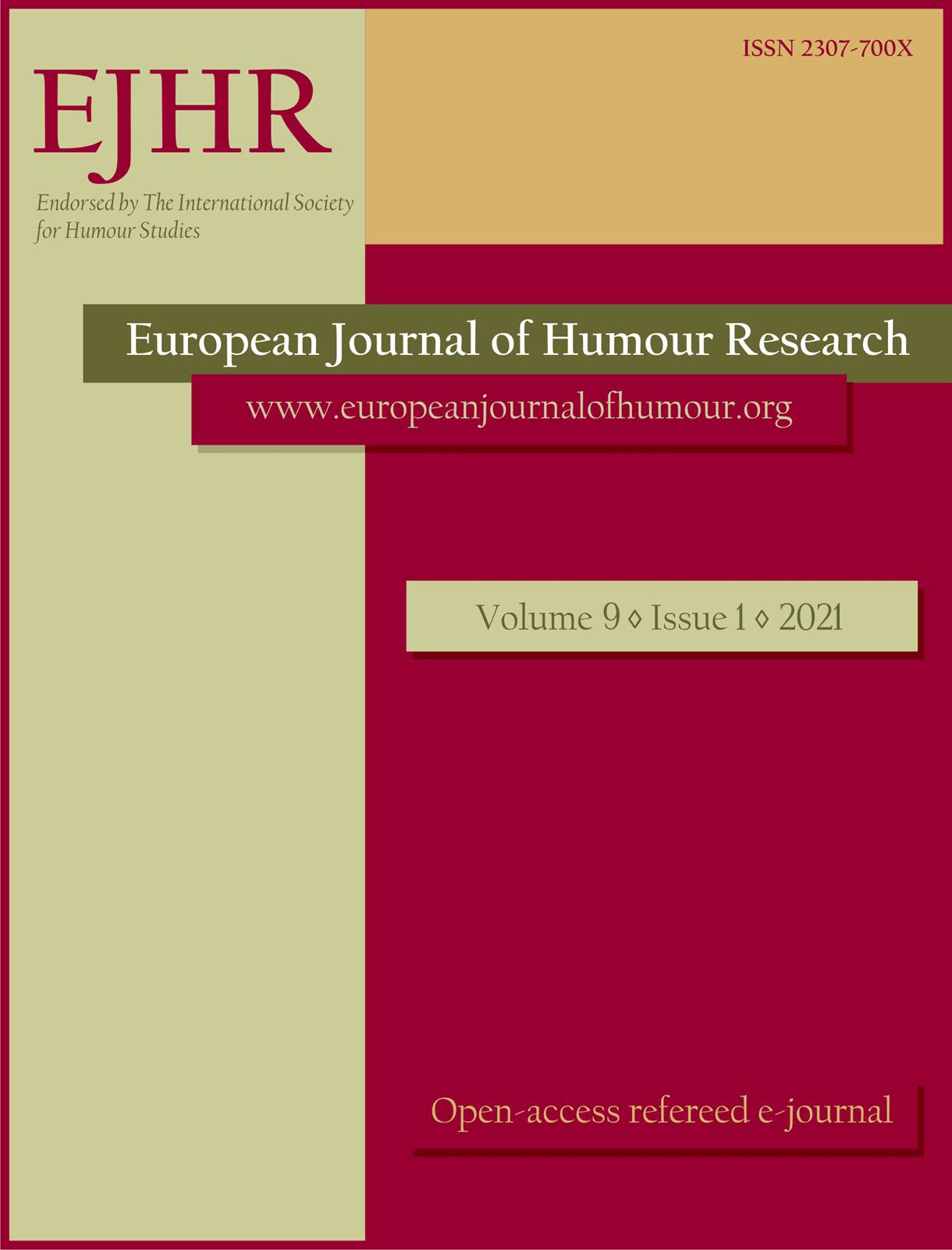Terminology as a source of misunderstanding: English and Russian humour term systems
Terminology as a source of misunderstanding: English and Russian humour term systems
Author(s): Ekaterina Aleksandrovna Shcheglova, KSENIA M. SHILIKHINASubject(s): Media studies, Lexis, Semantics, Eastern Slavic Languages, Theory of Communication
Published by: Krakowskie Towarzystwo Popularyzowania Wiedzy o Komunikacji Językowej Tertium
Keywords: humour; terminology; translation; dictionary;equivalent;
Summary/Abstract: The field of humour studies has developed its own system of terms for designating its research objects. However, disputes about the boundaries of the concepts and their relationship within the terminological system are not uncommon. Along with the English terminological inventory there exist terminologies developed within other languages. The paper discusses key terms of humour studies in the Russian and English languages. Seven Russian terms – ‘комическое’, ‘юмор’, ‘ирония’, ‘шутка’, ‘анекдот’, ‘насмешка,’ and ‘подшучивание’ and six English terms – ‘the comic’, ‘humour’, ‘irony’, ‘(canned) joke’, ‘mocking,’ and ‘banter’ are described. By looking at dictionary entries, definitions suggested by researchers and contexts in which the words are used as terms, the authors describe their general and terminological meanings and analyse differences of the two terminologies. Though the Russian and English terms originate from the same Greek and Latin words, there are significant differences in the traditions of their usage as scholarly terms. These differences cause difficulties which arise when it comes to translation of Russian texts into English and vice versa.
Journal: The European Journal of Humour Research
- Issue Year: 9/2021
- Issue No: 1
- Page Range: 7-28
- Page Count: 22
- Language: English

